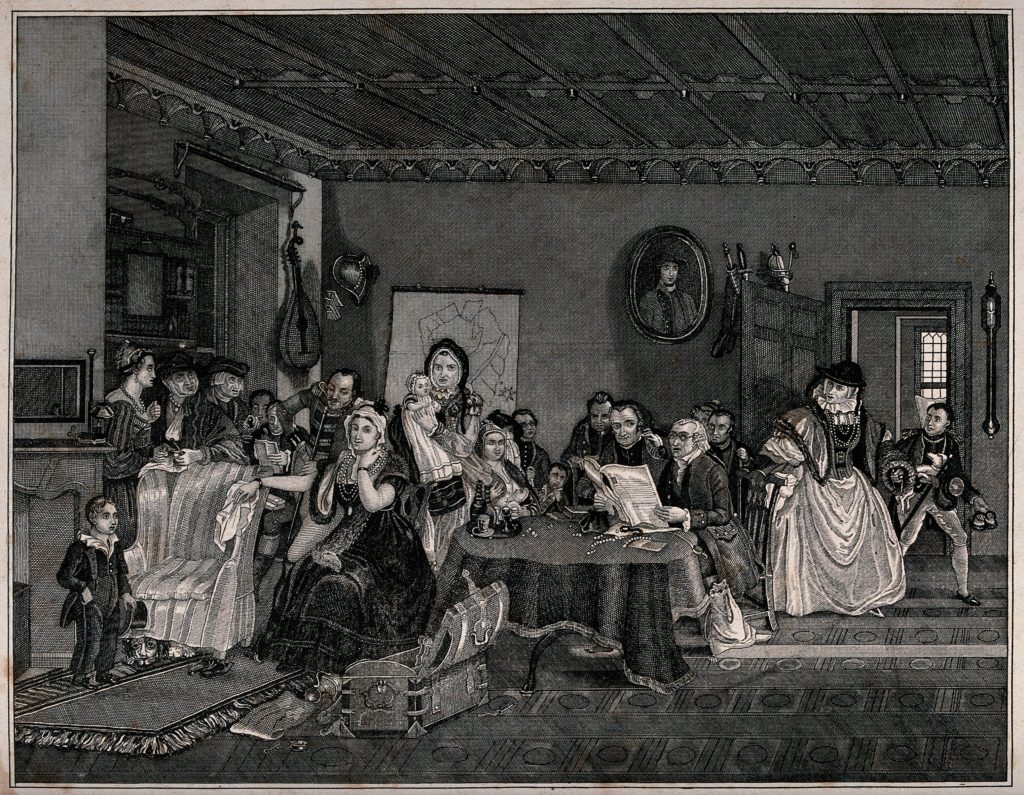
Losing a loved one is very hard. Adding the obligation to learn quickly about and act on executor responsibilities to that loss makes things even more difficult. Since you are probably grappling with painful emotions when you step into the executor role, you will need to do an important time- and energy-consuming job while you are grieving.
Many parents name their children as executors of their estates. Parents may tell their children of their choice, but usually there is no in-depth discussion. The chosen executors may not learn much about their responsibilities or about their parents’ wishes until after the fact. As a result, many do not know what they are getting into until it is time for them to act.
This article is intended to help anyone who is appointed to be an executor (or believes they may be in the future) to understand their responsibilities and to identify some of the issues that can arise.
What is an executor?
An executor (sometimes referred to as a personal representative) is named in a person’s will to serve as a fiduciary for their estate at their passing. They are responsible for carrying out the terms in the will and overseeing the settling of their estate. If you are named as an executor, there are many responsibilities that you might need to carry out on your loved one’s behalf. As a fiduciary, the executor can be held financially and civilly liable for actions that are counter to the best interest of the beneficiaries.
What are an executor’s main responsibilities?
- Notifying interested people of the death
- This includes beneficiaries, creditors, banks, credit card companies, and government agencies
- Accounting for and maintaining those assets that are part of the decedent’s estate until it’s time to distribute them
- Paying any outstanding debts
- Filing and paying income and estate taxes
- Paying ongoing bills
- Completing any other probate activities, including:
- Filing the will with probate court
- Filing an inventory of assets with probate court
- Ordering death certificate copies
- Distributing the decedent’s assets (as stipulated by their will)
Given the complexity of settling an estate, there are some potential issues to be aware of.
What can go wrong?
- Conflicts among interested parties
- Loved ones may have different recollections of a person’s intentions. If an estate plan is not communicated to all ahead of time, conflict and disagreements can arise.
- Disagreements among family members during a difficult time, like losing a loved one, can result in irreparable problems.
- Not having a clear understanding of executor responsibilities ahead of time
- You may underestimate the time and energy commitment that you have made and that can make it difficult to balance these new responsibilities with your other responsibilities.
- Acting without understanding one’s fiduciary duty
- An executor may face pressure from beneficiaries to distribute their portion of the estate. But an executor has the prior responsibility to ensure that the estate has sufficient assets to cover any outstanding debt and taxes before making any distributions to beneficiaries. Distributing assets prematurely can expose an executor to personal liability.
- Underestimating the time commitment
- Probate can take months to complete (or even years in the case of a very complex estate).
- Losing track of the many deadlines involved
- Failing to properly advertise the estate
- Missing court-imposed deadlines
- Neglecting to file income or estate taxes
- Failing to obtain professional help when necessary
- Chances are that you are not able to act as an attorney, accountant, realtor, and appraiser all on your own. Executors have a fiduciary duty to act in the best interest of the beneficiaries. It is important to recognize parts of the process that require assistance and get the necessary professional help.
In our next article, we will provide you with a list of things you should discuss with the person entrusting you as their executor to ensure you are prepared for your future role as executor.
Photo credit: “A family gathers to hear the last will and testament of a de Wellcome V0038734.jpg” is licensed under CC BY 4.0
